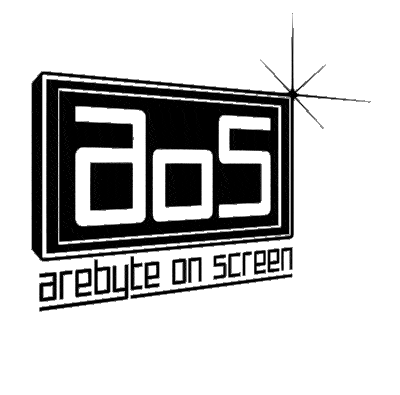The event featured several new short video works by Dani Ploeger, and a discussion in response to a selection of news media fragments by a panel with journalist Catherine Chapman, documentary photographer and former military veteran Alison Baskerville, and international relations scholar Chris Williams. The discussion will be moderated by Luke Robert Mason (Director, Virtual Futures).
Since the end of the Cold War in the early 1990s, representations of Western warfare and public security efforts have predominantly focused on advanced digital technologies, such as drones and smart bombs. However, the prominence of automatic firearms in the 2014 and 2015 terrorist attacks in Brussels and Paris has marked the return of the image of the battlefield soldier in European everyday life: armed terrorists and security forces in military attire once more populate public spaces in Western European cities, while a growing number of volunteer militias equipped with Soviet-era weapons are conspicuously training for – or performing in – conventional war scenarios in Poland, the Baltic states and Ukraine.
This development also affects the production and perception of news reports, cinema and media art. There appears to be a renewed interest in traditional methods of armed violence in representations of Western warfare, in which the display of camouflage uniforms and assault rifles plays a prominent role. This raises questions both about the perception of threat and safety in public space, and the expectations surrounding military and consumer technologies.
In response to a screening of a series of news media fragments and new video work by Dani Ploeger, the contributors will take this development as a starting point for a discussion on everyday experiences of fear and violence in digital culture.
This event took place in connection with Dani Ploeger’s exhibition fronterlebnis, which is presented at arebyte 117 (Hackney Wick) from 8 December 2017 until 13 January 2018. In 2017, Ploeger made several journeys across Europe to examine the co-existence of conventional weapons and digital culture in everyday life. fronterlebnis – the title refers to Ernst Jünger’s proto-fascist concept of the ‘front experience’ – brings together work in different media that emerged from an encounter with soldiers on the frontline in the Donbass War in Ukraine.
arebyte is a London-based art organisation which supports the development of contemporary artists working across emerging artforms. Through our gallery space and affordable studio complexes, we create thriving environments for artists to expand on their practices, explore collaborative working and meet new audiences.
fronterlebnis and high-tech / low-tech: weapons in digital culture is supported by Arts Council England and The Royal Central School of Speech and Drama, University of London.
Filmed by Gigi Giannella


